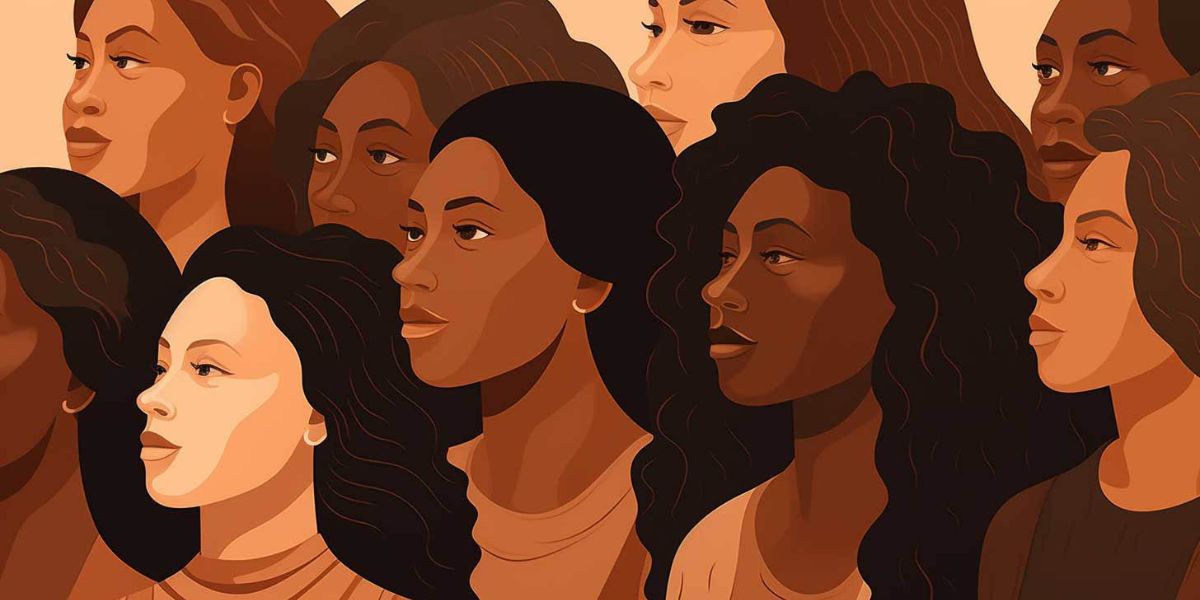For many, California conjures images of golden beaches, glitzy Hollywood, and a progressive, forward-thinking culture. But beneath the surface lies a grim and sobering truth: for Black women, California may be one of the most dangerous places to live in America.
Despite the state’s reputation for inclusivity and reform, statistics, lived experiences, and systemic failings paint a starkly different reality.
A Silent Crisis in a Progressive State
California is home to the largest Black population west of the Mississippi River. From Oakland to Los Angeles, Black women have long been the cultural, political, and social backbone of many communities. Yet, these same women face a disproportionate risk of violence, mortality, and neglect.
Black women in California are more likely to be victims of domestic violence, police misconduct, and maternal health complications than nearly any other demographic. The reality is jarring: in a state that often claims to lead the nation on human rights, it is failing one of its most vulnerable populations.
The Dangers of Daily Life
Being a Black woman in California means navigating a world filled with both overt and systemic threats. Domestic violence is one of the most pervasive dangers. Black women experience intimate partner violence at higher rates than any other racial group, and are often the least protected by institutions meant to help.
Reports from across California detail the high number of Black women being killed by current or former partners. And yet, these stories rarely make headlines. The silence around the violence is deafening, and it contributes to a larger culture of invisibility.
Add to that the growing concern over missing Black women and girls in California. Many go missing without media attention or significant law enforcement resources. This lack of urgency only increases their vulnerability and sends a disturbing message: their lives are not valued equally.
Police Violence and Lack of Accountability
Police violence against Black men often captures national attention, but Black women are victims too—just with far less visibility. In cities like Sacramento and San Francisco, there have been documented cases of Black women being assaulted, wrongfully arrested, or killed by law enforcement. And unlike their male counterparts, their stories often go unrecognized or are buried beneath bureaucracy and silence.
California’s justice system has also repeatedly failed to hold officers accountable when Black women are harmed. Complaints are often dismissed, investigations are delayed, and consequences are rare.
Healthcare Disparities and Maternal Mortality
Another grim indicator of California’s danger for Black women lies in its healthcare system. Black women in the state are far more likely to die during or after childbirth than white women. These deaths often stem from preventable causes—like not being listened to, delayed diagnoses, or under-treatment.
Even celebrities aren’t immune. Prominent Black women in California have shared stories of being dismissed in hospital settings, of having their pain downplayed, and of not receiving life-saving interventions until it was nearly too late.
California has attempted to address this disparity through legislation and awareness campaigns, but the data continues to show that Black women are three to four times more likely to die in childbirth than white women. That figure alone should be enough to classify the state as unsafe for this population.
The Role of Housing, Economics, and Education
The danger Black women face in California is also deeply tied to systemic inequality in housing, employment, and education. In cities like Los Angeles, Oakland, and Fresno, Black women are disproportionately affected by housing insecurity and homelessness.
Black women are often paid less, even when holding the same qualifications and experience as their white counterparts. They’re underrepresented in leadership roles, over-policed in schools, and overburdened by the cost of living. These compounding factors don’t just make life harder—they make survival harder.
Why This Needs to Be Talked About
The narrative that California is a haven for progress and diversity must be challenged when Black women are dying, disappearing, and being denied basic human rights. Acknowledging the danger they face is not a critique of the state’s potential—it’s a necessary step toward actual justice and reform.
Black women are not inherently vulnerable—they are made vulnerable by the systems around them. And while California has the resources, infrastructure, and public will to lead the country in protecting its most marginalized, it must first reckon with this painful truth: for Black women, this state is far from safe.
Final Thoughts
California may be a dream for some, but for many Black women, it is a waking nightmare. From violence and healthcare discrimination to institutional neglect, the threats they face are numerous and ongoing. If California truly wants to live up to its progressive image, it must begin by valuing and protecting the lives of Black women—not in words, but in action. Because until that happens, California will remain the most dangerous state in the country for them.







